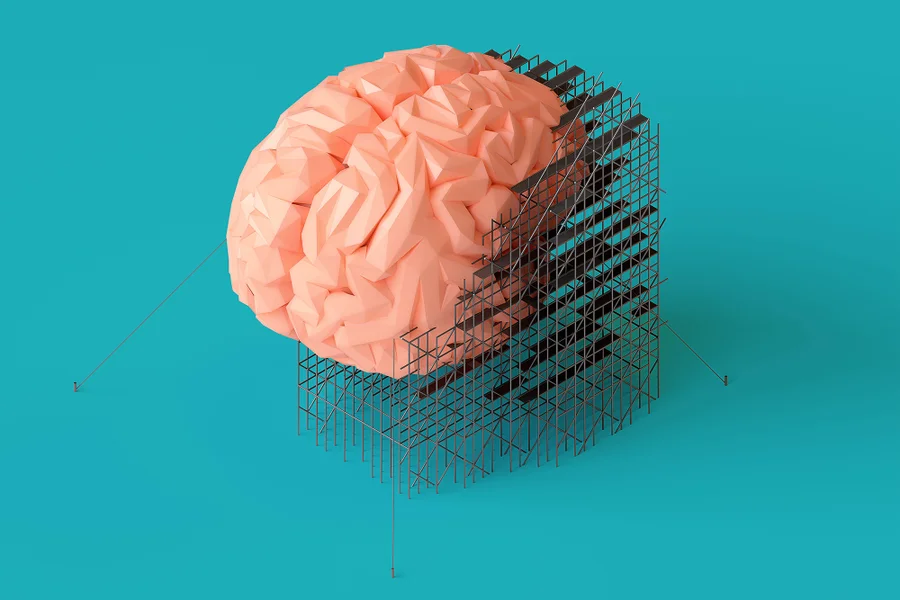
The Brain Isn’t as Adaptable as Some Neuroscientists Claim
BY TAMAR MAKIN & JOHN KRAKAUER
The human brain’s ability to adapt and change, known as neuroplasticity, has long captivated both the scientific community and the public imagination. It’s a concept that brings hope and fascination, especially when we hear extraordinary stories of, for example, blind individuals developing heightened senses that enable them to navigate through a cluttered room purely based on echolocation or stroke survivors miraculously regaining motor abilities once thought lost.
For years, the notion that neurological challenges such as blindness, deafness, amputation or stroke lead to dramatic and significant changes in brain function has been widely accepted. These narratives paint a picture of a highly malleable brain that is capable of dramatic reorganization to compensate for lost functions. It’s an appealing notion: the brain, in response to injury or deficit, unlocks untapped potentials, rewires itself to achieve new capabilities and self-repurposes its regions to achieve new functions.
Click here to view original web page at www.scientificamerican.com
Category
Most Recent Posts
- All Posts
- Business
- Career/Career Advice
- Coaching
- Development
- Happiness
- Innovation and Technology
- Leadership
- Management
- MBTI Personality Types
- Mental Health
- Neuroscience
- Parenting
- Psychology related to work
- Women Empowerment
- Work Environment



